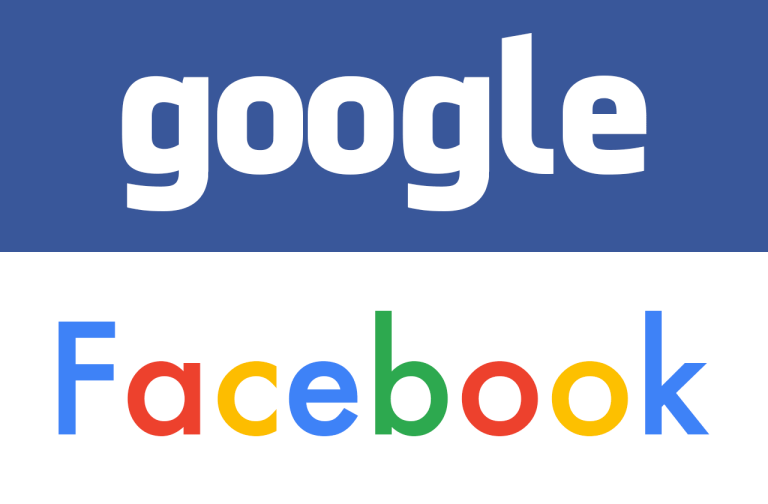Despite Facebook and Twitter supporting the idea, Google has strong misgivings about creating a self-regulatory body for the Indian social media industry to address user complaints, according to sources with knowledge of the conversations.

India has stated it is open to the idea of a self-regulatory organisation if the industry is ready but in June recommended creating a government panel to hear user complaints over content filtering decisions.
However, the lack of agreement among the tech giants increases the likelihood that a government panel will be established, a possibility that Meta Platforms Inc.’s Facebook and Twitter are keen to avoid because they worry about regulatory and governmental overreach in India, according to the sources.
An executive from Alphabet Inc.’s Google told other delegates at a closed-door meeting this week that the business was dubious of the benefits of a self-regulatory body. The executive was quoted as adding that the body would entail external assessments of judgments that would compel Google to reinstate information, even if it contravened Google’s internal regulations.
The Google executive was also reported as stating that such directions from a self-regulatory organisation may create a risky precedent.
The sources declined to be named since the conversations were confidential.
Representatives from Snap Inc. and the well-known Indian social media platform ShareChat attended the conference in addition to Facebook, Twitter, and Google. In India, the companies collectively have hundreds of millions of users.
According to the sources, Snap and ShareChat have also expressed worry about a self-regulatory system, stating that it needed considerably more dialogue, including with civil society.
In a statement, Google said it had participated in an initial discussion and was speaking with both the government and the business community. It also said it was “exploring all options” to find the “optimal solution.”
Facebook and ShareChat both declined to respond. Reuters’ inquiries for comment from the other companies were not entertained.
Although there have been instances of cooperation, self-regulatory entities to control material in the social media sector are uncommon. Large digital companies in New Zealand have agreed to a code of conduct meant to lessen dangerous information online.
In India, disagreements over social media material have been particularly contentious. Social media firms frequently get takedown orders from the authorities or proactively remove content. For instance, Google’s YouTube banned 1.2 million films that broke its rules in the first three months of this year, the most of any nation in the world.
The Indian government is worried that users who disagree with orders to remove their information will have no legal remedy other than to file a lawsuit because there is no suitable infrastructure in place for them to do so.
Twitter received criticism after blocking the accounts of prominent Indians, including politicians, citing a policy breach. Last year, Twitter also got into a fight with the Indian government over its refusal to completely abide by requests to remove accounts that the government claimed promoted misinformation.
An early version of the proposal for the self-regulatory organisation stated that the panel would consist of six other people, including some senior executives at social media businesses, a retired judge or an experienced figure from the field of technology as chairwoman.
The draught, which Reuters was able to view, claimed that the panel’s conclusions would be “binding in nature.”
Tech behemoths from the West have been at conflict with the Indian government for years, claiming that stringent rules are harming their operations and investment strategies. Trade ties between New Delhi and Washington have also been hampered by the differences.
The IT titans’ U.S. business advocacy groups think that a government-appointed review panel raises questions about how it might function independently if New Delhi chooses who sits on it.
Public input on the government panel plan was welcome until the beginning of July. There is no stated timeframe for implementation.

